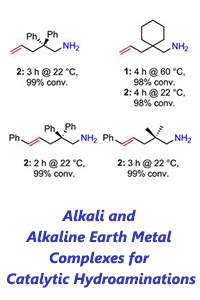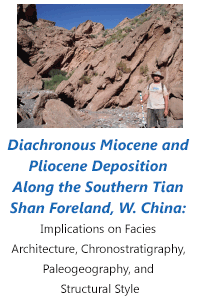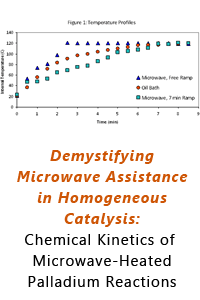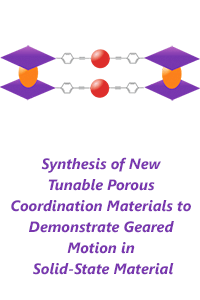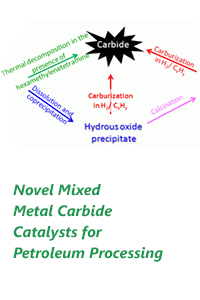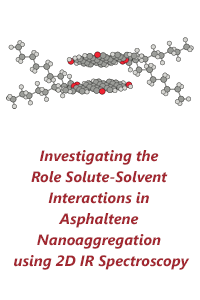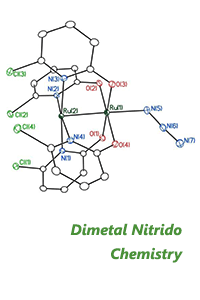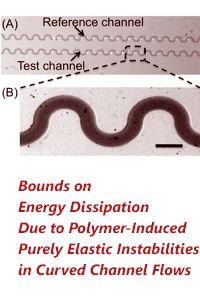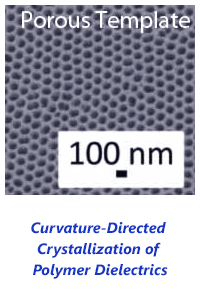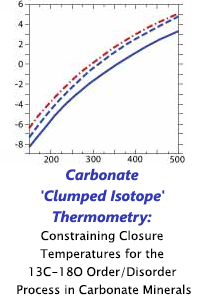57th Annual Report on Research 2012 Under Sponsorship of the ACS Petroleum Research Fund
Innovate & Inspire Be inspired by these ACS PRF-supported scientists' stories
Dr. Christine M. Hrenya
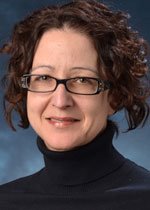
Department of Chemical and Biological Engineering
University of Colorado, Boulder
Grant 50885-ND9
Toward the Quantitative Prediction of Instabilities in Solids Flows
Anyone sitting on a beach has observed granular flow, as sand grains are moved by beach winds. Downwind settling of volcanic ash particles after an eruption is another example of particulate flows. Research on particle flows, performed by Dr. Christine Hrenya, Professor of Chemical Engineering at the University of Colorado at Boulder, has been supported by the ACS Petroleum Research Fund. Her most recent project has received an ACS PRF New Directions grant for investigations into instabilities in granular flows. Read the full story...
Dr. Amy E. Keirstead
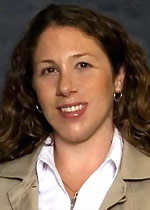
Department of Chemistry and Physics
University of New England
Grant 51292-UNI4
Using the Photo-Fries Reaction as a Photochemical Probe to Quantify the Cage Effects of Ionic Liquids
Dr. Amy Keirstead's research focuses on the properties of ionic liquids, which are salts that are liquids at room temperature. Ionic liquids are being considered for a wide variety of applications including chemical synthesis and catalysis, hosts for molecular electronic devices and electrically conducting fluids for batteries and photovoltaic cells. She says that "most systems currently use organic solvents that are volatile, so evaporation of these solvents into the atmosphere has an impact on the environment." Due to their low volatility and recyclability, ionic liquids are considered "green solvents" for these applications. Read the full story...
Dr. Kevin M. Shea
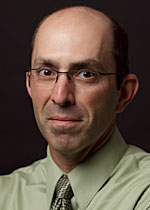
Department of Chemistry
Smith College
Grant 60115-UR1
Expanding the Scope of the Diels-Alder Reaction: Development of Cationic Dienophiles Stabilized by Cobalt-Complexed Alkynes
Dr. Kevin Shea is a synthetic organic chemist, whose research interests are in the science of how molecules are put together. His ACS PRF Undergraduate Research (UR) grant supports organic synthesis related to the Diels-Alder Reaction, which creates six-membered ring molecules from two smaller petroleum-derived entities. In more specific chemical terms, he is studying chemical reactions between Lewis acids and triple-bonded dienophile hydrocarbons to form six-membered carbon rings, and the role of cobalt in facilitating such reactions. Although his main interest is fundamental chemistry, Shea indicates that making rings in organic chemistry is important, because many natural and synthetic compounds have rings of bonded carbon atoms. Thus, he states, "coming up with a new way to make a ring is very valuable." Read the full story...
Dr. Kyle Straub
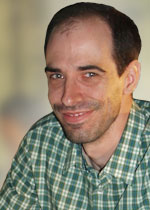
Department of Earth and Environmental Sciences
Tulane University
Grant 50295-DNI8
Quantifying the Morphology and Composition of Thin-bed Levee Deposits in Deep-water Settings
Dr. Kyle Straub studies the movement of sediments through channels on the ocean floor, and compares them to motion of river sediments. Straub says that, "the big research question that I'm trying to address is how do submarine channels initiate, and how do they evolve?" After earning his Ph.D. in Geology and Geochemistry from the Massachusetts Institute of Technology, and a post-doctoral fellowship at the National Center for Earth-Surface Dynamics in Minneapolis, Straub accepted a position as an Assistant Professor of Earth and Environmental Sciences at Tulane University. "The first thing I had to do at Tulane was build a state-of-the-science sediment transport lab, because a lot of my research is doing physical experiments and connecting these to numerical models." Read the full story...

